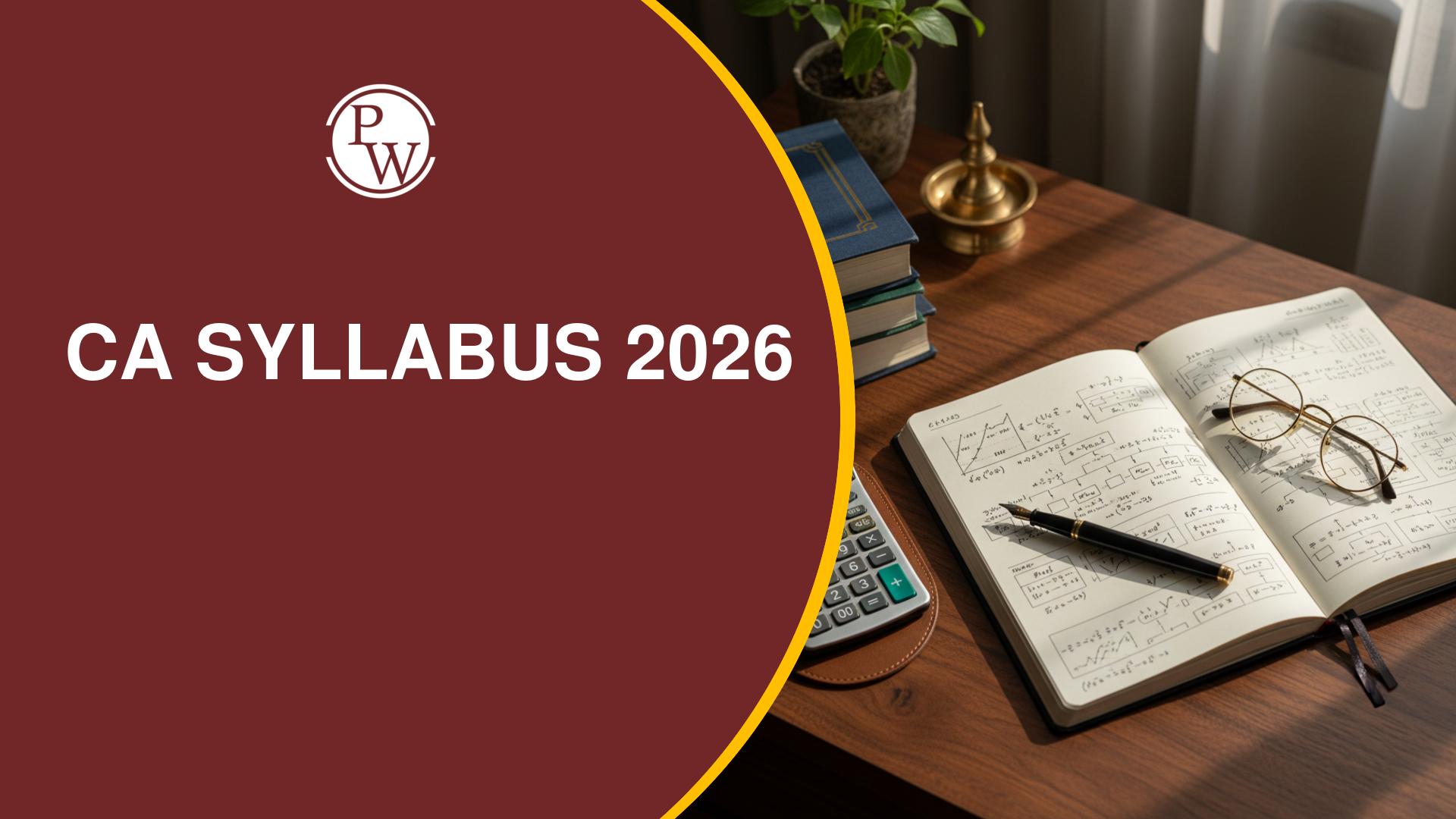
The Negotiable Instruments Act, 1881 is a crucial part of the CA Foundation Business Laws syllabus. It lays down the foundation for understanding various types of negotiable instruments used in commerce and how they function legally. Mastering this act not only aids in acing the CA Foundation exam but also equips you with knowledge of essential business transactions.
This article aims to delve into the critical aspects of the Negotiable Instruments Act, 1881 to help you grasp its nuances and apply them effectively in your CA journey.Negotiable Instruments Act, 1881
The Negotiable Instruments Act, 1881 was enacted to govern and regulate negotiable instruments like cheques, bills of exchange, and promissory notes. These instruments are widely used in commercial transactions, facilitating the transfer of money or payment from one party to another. This Act ensures a structured and lawful system for dealing with such instruments, providing security and clarity in financial transactions. By understanding the key provisions of the Negotiable Instruments Act, you can build a strong base for the CA Foundation Business Laws subject, laying the groundwork for more complex financial topics in the higher levels of the Chartered Accountancy course.
What Are Negotiable Instruments?
Negotiable instruments are written documents that promise payment to a specified person or assignee. They are transferable by delivery or endorsement, making them valuable in trade and commerce. The primary types of negotiable instruments under the Negotiable Instruments Act, 1881 include:- Promissory Note: A document where one party promises to pay a specific amount to another.
- Bill of Exchange: A written order from one party to another to pay a particular amount.
- Cheque: A bill of exchange drawn on a specified banker, payable on demand.
Also Read: How to Remember Key Accounting Formulas for CA Foundation?
Features of the Negotiable Instruments Act, 1881
The Negotiable Instruments Act, 1881 outlines several essential features that define negotiable instruments. Understanding these characteristics is vital for CA Foundation students:Transferability: The core of a negotiable instrument is its ability to be transferred from one person to another. This feature ensures that the instrument remains valuable and usable in commerce.
Title of Holder in Due Course: If you receive a negotiable instrument in good faith and without any knowledge of defects, you are considered a holder in due course. This status protects you from certain liabilities, making it crucial to understand how this impacts legal claims.
Presumption in Favor of the Holder: Under the Act, it is presumed that every negotiable instrument has been issued for consideration, and the holder is presumed to be a rightful possessor unless proven otherwise. This legal presumption simplifies transactions and safeguards the rights of parties involved.
Dishonour of Instruments: The Act provides clear procedures for handling dishonoured instruments, whether due to non-payment or non-acceptance. Knowing the implications of a dishonoured cheque or bill of exchange is essential for aspiring CAs.
Types of Negotiable Instruments Under the Act
The Negotiable Instruments Act, 1881 specifically covers three types of negotiable instruments, which are fundamental for any CA student to understand:Promissory Note
A promissory note is a written promise by one person (the maker) to pay a certain amount to another person (the payee) on demand or at a specified future date. It includes details like the sum payable, the date, and the signature of the maker. This instrument is often used for loans or credit transactions.Bill of Exchange
A bill of exchange is an order made by one person (the drawer) directing another person (the drawee) to pay a specific sum to a third party (the payee) or the bearer of the document. It requires acceptance by the drawee and is widely used in international trade for payment purposes.Cheque
A cheque is a type of bill of exchange drawn specifically on a banker and payable on demand. It is the most commonly used negotiable instrument, essential in everyday financial transactions. CA students should be well-versed in understanding the laws related to cheques, including penalties for dishonouring a cheque.Rights and Obligations of Parties Involved in Negotiable Instruments
Understanding the rights and responsibilities of each party involved in a negotiable instrument is crucial for the CA Foundation syllabus:- Drawer: The person who creates or issues the instrument. They have the obligation to ensure the instrument’s payment.
- Drawee: The individual or bank upon whom the instrument is drawn. For example, in the case of a cheque, the drawee is the bank.
- Payee: The person to whom the payment is to be made. The payee has the right to demand the payment as specified in the instrument.
- Holder: The individual in possession of the negotiable instrument. The holder can be the payee or any person who has obtained the instrument legally.
Negotiable Instruments Act, 1881 FAQs
What is a Negotiable Instrument?
What is the significance of the Negotiable Instruments Act, 1881?
What happens if a cheque is dishonoured?
How does the Negotiable Instruments Act impact modern banking?









